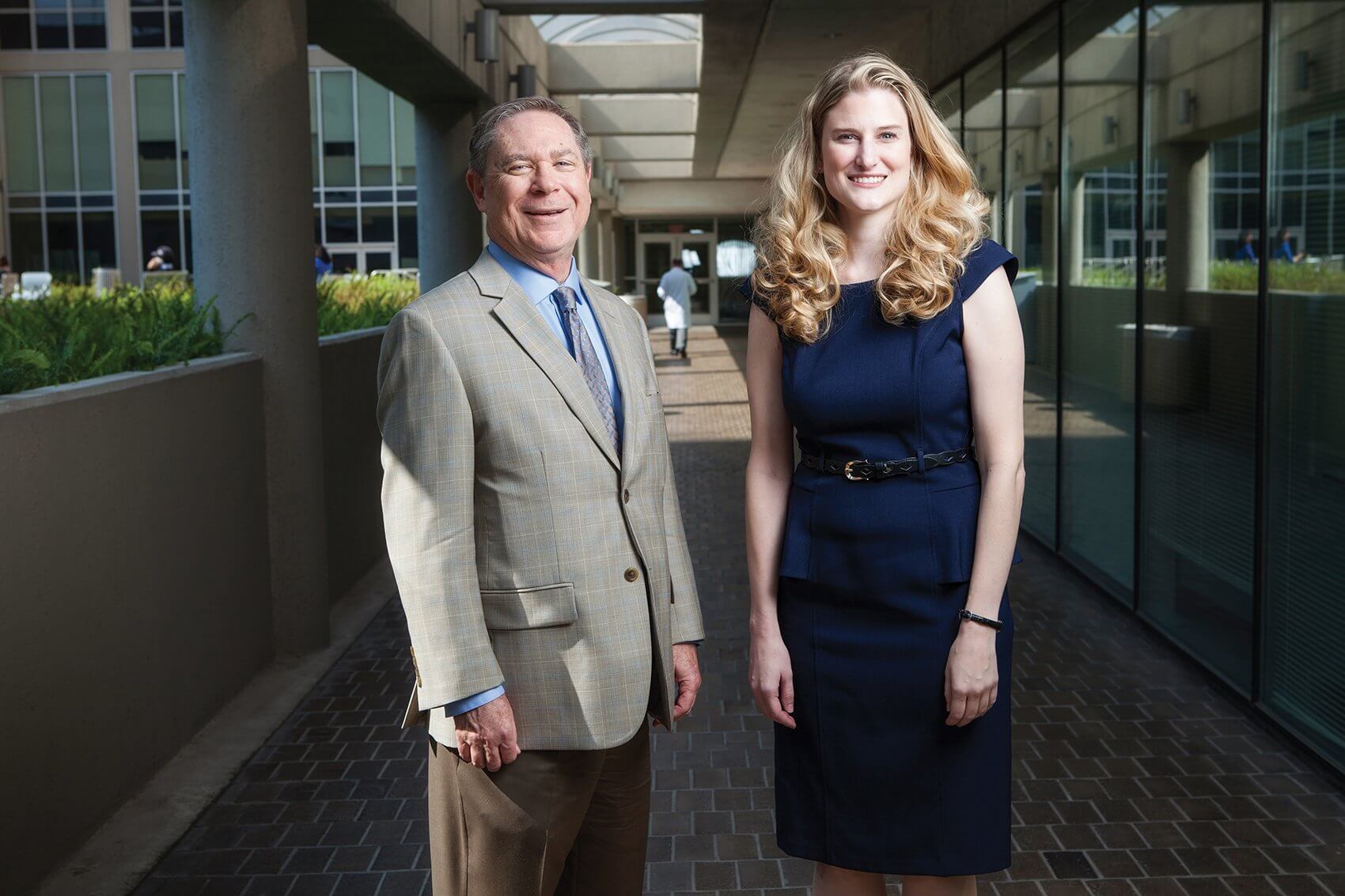Lessons in Bioethics

What is the best course of action when a clinician and a patient’s family member disagree about a treatment plan? What should a health care professional do if a patient’s religion requires abstaining from medically necessary blood transfusions? These are the types of challenging questions health care professionals and ethics consultants face on a regular basis. An upcoming intensive bioethics course sponsored by the Baylor College of Medicine Center for Medical Ethics and Health Policy and Houston Methodist Hospital is intended to provide the training and confidence necessary for those who deal with the complexities of ethical issues in a clinical setting.
The course will be held May 11 through May 15 at Houston Methodist Research Institute and is primarily geared toward health care professionals and individuals who have not necessarily received advanced training in ethics consultation but may be responsible for dealing with such issues at hospitals and medical centers.
“Some of the rural hospitals in particular, where they don’t have access to professional bioethicists, frequently ask their clinical staff to do clinical ethics consultation,” said Amy McGuire, J.D., Ph.D., Leon Jaworski Professor of Biomedical Ethics and director of the Baylor College of Medicine Center for Medical Ethics and Health Policy. “Their accreditation bodies require something in place to address ethical issues, so people are being asked to do this without the formal training. This is sort of a crash course in how to do it.”
Those engaging in clinical ethics consultation also come from a variety of backgrounds, said Courtenay Bruce, J.D., M.A., assistant professor at the Baylor College of Medicine Center for Medical Ethics and Health Policy and course director. “It’s a very multidisciplinary audience—physicians, nurses, social workers, case managers, chaplains, just about anybody.”
This is the first intensive course of its kind held by Baylor and Houston Methodist. Though personnel and trainees from the two institutions are eligible for discounted enrollment, the course is open to participants from around the country and is intended to provide a well-rounded, practical look at what ethics consultation entails.
“The real challenge is most of the courses out there, most of the intensive courses, aren’t very grounded in what you do on an everyday basis,” said Bruce. “They’re very theoretical, so they sit there and lecture about various core topics and that’s the end of it.”
“The best way you can really improve is to learn from other people who are in the field.” — Courtenay Bruce, J.D., M.A., Assistant Professor at the Baylor College of Medicine Center for Medical Ethics and Health Policy
Given that each ethical issue is likely to present unique challenges, discussions of theory, while valuable, will not necessarily provide the confidence necessary to tackle difficult and often emotional conflicts that arise.
“When the pager goes off, that lecture about the core principles of bioethics doesn’t get you very far,” said J. Richard Cheney, J.D., project director of biomedical ethics at Houston Methodist and course director. “We’re hoping to give people an opportunity to practice with each other and with us, and also to foresee some of the kinds of issues an active hospital will probably generate.”
To that end, the structure of the course will include an overview of foundational theories and principles, but will also be packed with hands-on workshops and opportunities for debate, analysis and reflection. Participants will practice writing up chart notes and are encouraged to bring examples of cases and policies they have dealt with at their own facilities to help fuel discussion and exercise.
“We are really trying to make it as customizable as we can to each person’s needs,” said Bruce.
The course itself grew from a need both in the Texas Medical Center and in the surrounding region, where such in-depth lessons are scarce.
“We did some studies about where courses are set up. There were quite a few on the east coast, quite a few on the west coast, maybe a few up in the Midwest, but nothing on what I’m calling the third coast,” said Cheney. “This is the third coast voice. We are trying to fill a void here, and we hope to continue it.”
Bruce added that although the course may be aimed at those with less experience in ethics consultation, participants of all levels of experience are welcome. Health care is a complex and sensitive topic and even the most seasoned ethics consultants can be faced with new challenges.
Even health care professionals who are not directly involved in clinical ethics consultation can benefit from the course. Ethical issues arise all the time in clinical practice, said Bruce, and the course is designed to provide participants with the knowledge and skills necessary to responsibly manage those issues, whether they are doing so as an ethics consultant or as part of the health care team.
“The best way you can really improve is to learn from other people who are in the field,” said Bruce. “Between us there will be ethics consultants facilitating the course who have conducted more ethics consultations than anywhere in the country.”
No matter how experienced you are, there is always room to learn more, Cheney added.
“You just have to get your hands dirty, and you have to sort of tussle with each other,” he said. “Part of the enjoyment that I’ve had and will expect to continue to have is I’ve learned a lot as a result of working on this program. I’m looking forward to the conversations during the course—it’s a two-way street.”
